Content tagged with "economy"
European Commission monitoring framework for the circular economy
30.03.2018.
The EU’s Circular Economy Package (CEP) has taken another step closer to fruition after the European Commission finalised its proposal for a Circular Economy Monitoring Framework to track the EU’s progress against the ambitions and objectives stated in the CEP.
In a meeting in Brussels on 8 March, the monitoring group of the European Economic and Social Committee discussed the draft Circular Economy Monitoring Framework...
European Circular Economy Stakeholder Platform
26.03.2018.
The European Circular Economy Stakeholder Platform is a virtual open space which aims at promoting Europe's transition to a circular economy by facilitating policy dialogue among stakeholders and by disseminating activities, information, and good practices on the circular economy. Stakeholders can take part in the Platform by participating in the annual conference and by interacting on the website to look for good practices, to engage with other stakeholders and to share their own good practices and events
more...Italy becomes smart!
13.03.2018.
In Italy, the sustainable objective seems to be closer, in fact, many actions are being implemented in order to improve the quality of life, environmental conditions and create a circular economy.
Among the most important is the Italian Smart City platform, promoted and implemented by ANCI (National Association of Italian Municipalities). This operational tool has the task of collecting and cataloging project interventions on smart cities throughout the country...
Coffee Cups, An Unknown Quantity
12.03.2018.
Annually in the United Kingdom 2.5 billion disposable coffee cups are thrown into rubbish bins. This figure equates to 7 million each day, and enough coffee cups to circle the earth five and a half times each year. Although pretty much all of these coffee cups end up in a bin, how many of them are actually recycled?
more...EU plan towards Circular Economy: the first-ever Europe-wide strategy on plastic
12.03.2018.
Every year, Europeans generate 25 million tonnes of plastic waste, but less than 30% is collected for recycling. Across the world, plastics make up 85% of beach litter. And plastics are even reaching citizens' lungs and dinner tables, with microplastics in air, water and food having an unknown impact on their health. Building on the Commission's past work, the new EU-wide strategy on plastics will tackle the issue head on.
more...Circular economy: the end of landfilling in the EU?
11.03.2018.
In circular economy, materials are constantly being recovered, reused and recycled but also, more importantly, the generation of waste is minimised. Waste prevention must be regarded as the highest priority, according to the Waste Framework Directive; it should be the most important step in waste management hierarchy and a key factor in efficient and sustainable management of natural resources.
That also means that less waste would be sent to landfills...
Maribor, European Capital of Social Economy 2018
09.03.2018.
Maribor, Slovenia’s second largest city, is European Capital of Social Economy 2018. At the Social Summit of the Member States of the European Union, held on 17 November 2017 in Goetheburg, Sweden, entitled “For Equitable Jobs and Growth”, Slovenia received a one-year term of office for the Chairmanship of the Supervisory Board of the Luxembourg Declaration adopted in December 2015 – European Capital of Social Economy for 2018.
more...Monitoring the progress towards circular economy
16.02.2018.
In the transition to a more circular economy, monitoring the key trends is important to understand how the various elements of the circular economy are developing over time and how different actions and policies are contributing towards reaching objectives of circular economy. As part of its effort to implement the Circular Economy Action Plan, in January 2018 the European Commission adopted a new set of measures, including a simple and effective monitoring framework.
more...Waste as a business opportunity
19.12.2017.
In 2015, the European Commission put forward an Action Plan for the Circular Economy with an aim to “to help European businesses and consumers to make the transition to a stronger and more circular economy where resources are used in a more sustainable way.” In a circular economy the value of products and materials is maintained for as long as possible, waste and resource use are minimised, and when products reach the end of their life, they are used again.
more...Life cycle thinking in sustainable waste management
03.10.2017.
While following the five-step waste hierarchy should generally lead to the most resource-efficient and environmentally friendly way of dealing with waste, the best choice in a particular situation often depends on a number of specific conditions. In other words, departing from the waste hierarchy is sometimes necessary and Life Cycle Thinking can be used to complement the waste hierarchy in order to identify the best solution for every particular situation.
more...The importance of waste hierarchy in circular economy
15.09.2017.
Article 4 of the Waste Framework Directive introduced a highly influential notion of waste hierarchy, which has established an order of preference for actions in sustainable waste management in order to minimize the amount of waste generated and to improve overall waste management process.
In place of traditional waste management approach consisting of three R’s (Reduce, Reuse, Recycle), the European Union has introduced a more elaborate five-step waste management hierarchy...
CSR: a benefit for the economy
04.09.2017.
More and more, companies in Germany and across Europe are realizing that CSR is not a luxury, but a benefit for the business. Especially smaller, family-run companies often feel an obligation to contribute to sustainable economic practices. Many business owners feel that it is their responsibility to give back to and to make a positive impact on society, their staff and the environment. They see corporate responsibility as a normative, moral obligation.
more...CityTree, an intelligent air filter for cities
30.06.2017.
Many cities across the globe are now facing serious challenges driven by air pollution, which causes serious breathing problems of their citizens. Respected sources have reported that as much as 1.48 trillion euros is lost annually in Europe due to polluted air.
more...A growth in grassroots upcycling social enterprises from a Birmingham perspective
07.06.2017.
There is a major surge at grassroots level currently in the UK, of social organisations who are reusing waste and discarded items and recreating completely new items which are then sold on to make a profit. The breadth of organisations in terms of size vary between sole traders to larger organisations with up to 10 employees.
more...Redefining waste: the case of Material Mafia
31.05.2017.
During the second learning activity in Berlin, Hi4CSR consortium paid a visit to Material Mafia, a grassroots social enterprise based in the district of Berlin-Kreuzberg that explores questions around waste management and waste prevention. Material Mafia’s Simone Kellerhoff showed the consortium innovative and creative ways of upcycling and reuse of used materials, as well as the importance of waste reduction through redistribution, education and networking.
more..."The Responsible City: circular metabolism of Berlin" study tour during second Hi4CSR Learning Activity
01.05.2017.
For the topic of Stimulating the Processing of Used Materials as an integral part of the Hi4CSR Learning Activity, there will be a one day study tour with the theme of The Responsible City, since the host city of Berlin is at the forefront when it comes to sustainability, innovative circular economy solutions and green initiatives.
more...The Waste Framework Directive: Directive 2008/98/EC
19.03.2017.
Directive 2008/98/EC sets the basic concepts and definitions related to waste managament, such as definitions of waste, recycling, recovery. It explains when waste ceases to be waste and becomes a secondary raw material (so called end-of-waste criteria), and how to distinguish between waste and by-products.
more...European Parliament supports more ambitious waste management targets
16.03.2017.
As part of the EU efforts towards creating a circular economy, in 2017 the European Parliament debated and voted on the so called “waste package” proposed by the European Commission and aimed to manage waste more efficiently and effectively throughout the EU. The discussion was centered mainly on how ambitious targets for recycling and landfilling limits should be.
more...Why Should Companies Be Interested in Circular Economy?
02.03.2017.
Circular economy represents a new alternative to a traditional linear economy based on “take-make-consume-dispose” patterns. The re-circulation of materials in economy helps keep resources in the production process as long as possible and use them to the maximum of their value. Producing with lesser impact on the environment and evaluating the impact of products during their entire life cycles already at their design stage are, however, only the first step.
more...The Importance of the Circular Economy Strategy
21.02.2017.
The Circular Economy Package consists of an EU Action Plan for the Circular Economy that establishes a concrete and ambitious programme of action, with measures covering the whole cycle: from production and consumption to waste management and the market for secondary raw materials.
more...Stimulating the processing of used materials
Almost all entrepreneurs always think about how much something will cost them. The same is with the used materials, old machines or equipment that they don’t use. Also, they always have a problem with ''moving'' these things from their financial book. Thus, for them it would be much easier to give away this waste to someone or simply throw it away. But the tax administration and tax regulation do not allow such activities.
more...Processing of used materials: Variations of recycling
The Waste Management Plan in Croatia
The Waste Management Plan is based on the circular economy that will enable the development of recycling industry and generate new “green” jobs. Further on, the emphasis of the plan is to respect the hierarchy of waste management, waste prevention, reuse, recycling and composting.
more...
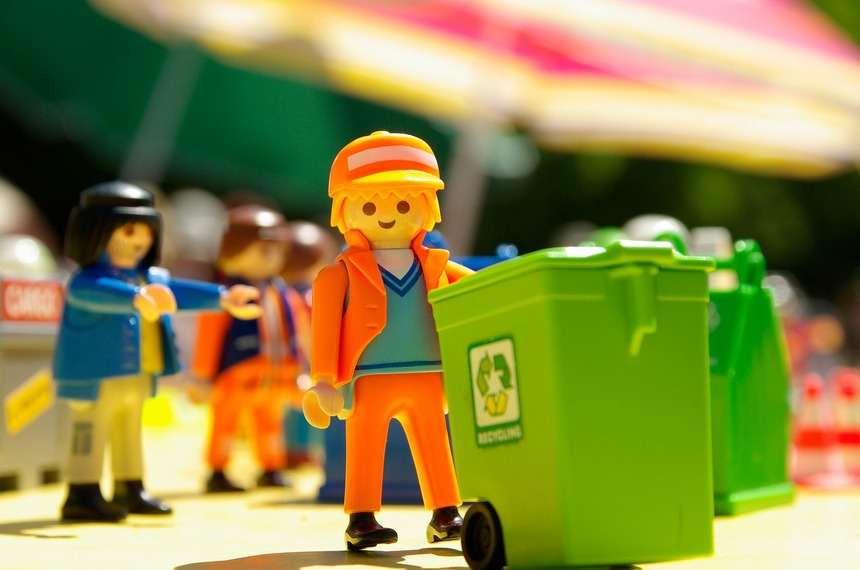
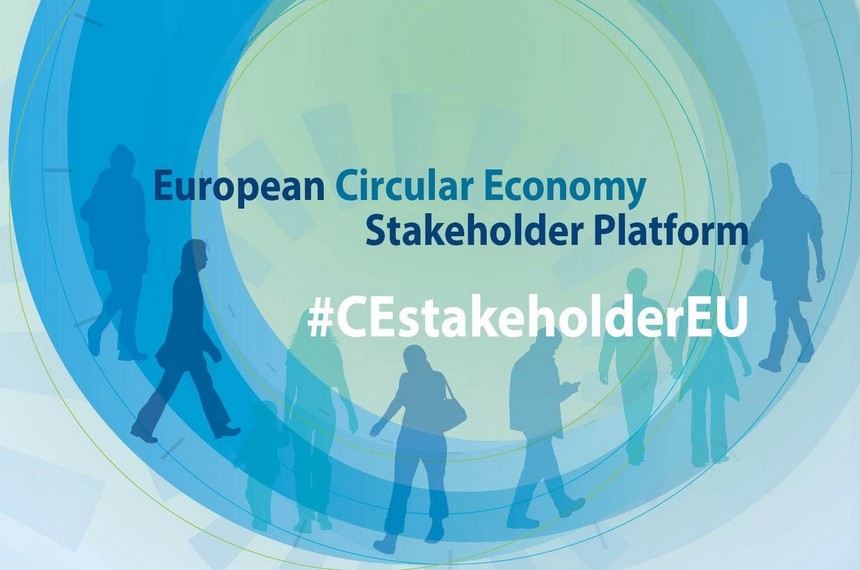


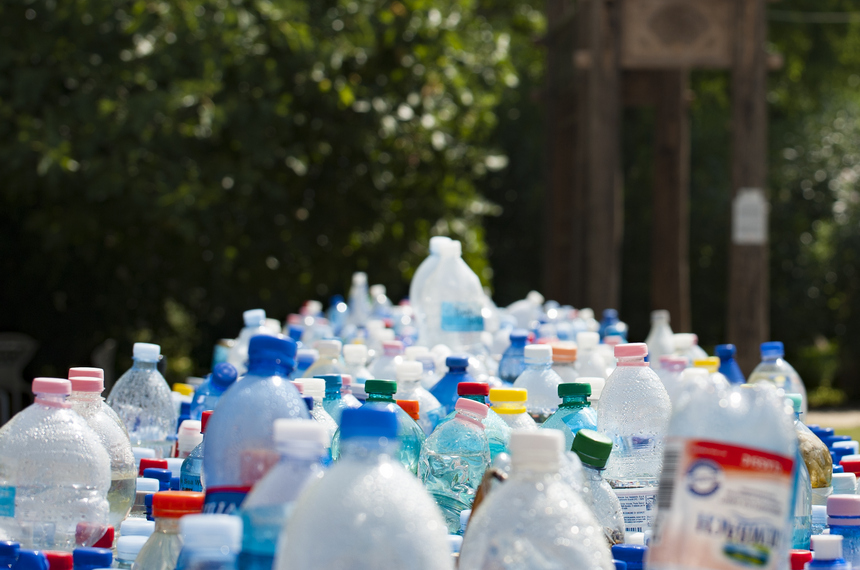
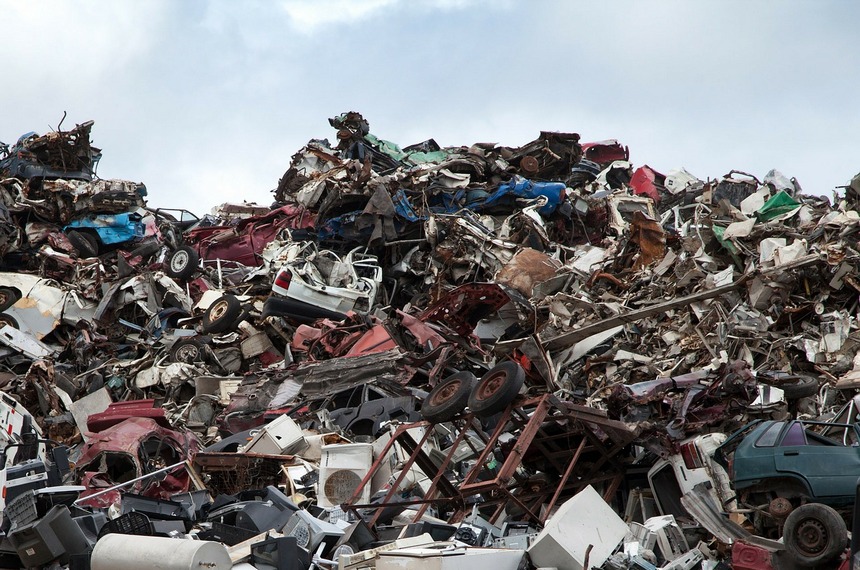
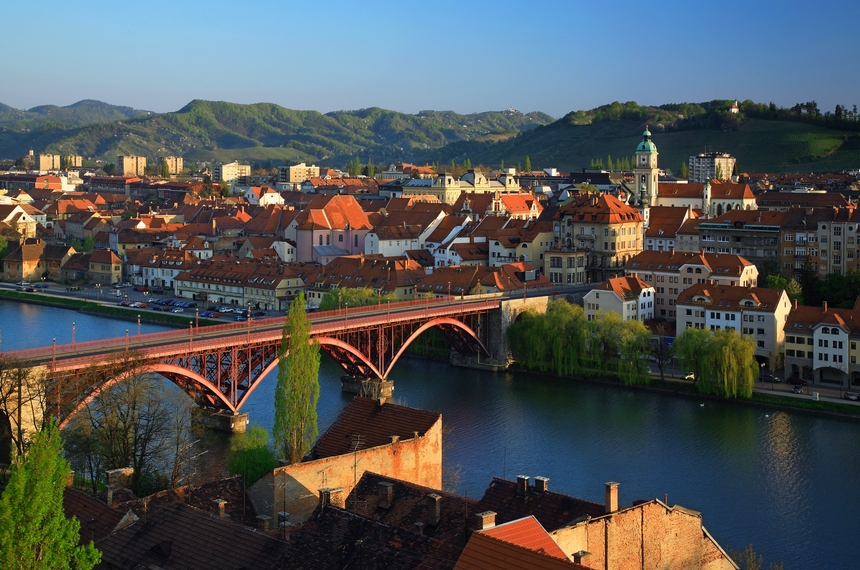
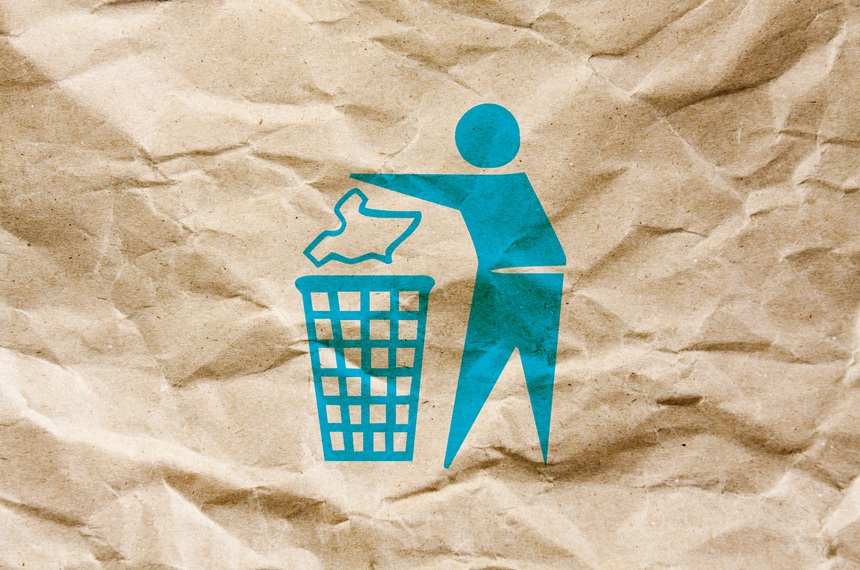
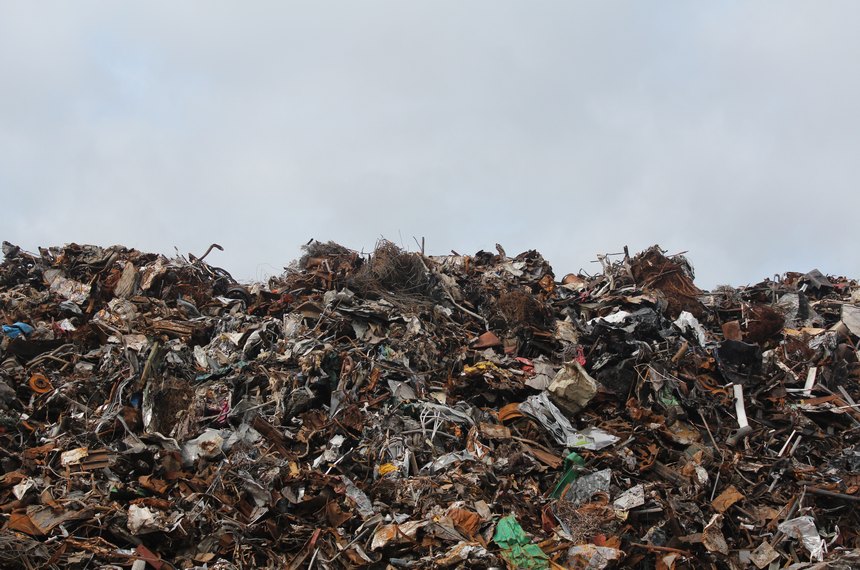
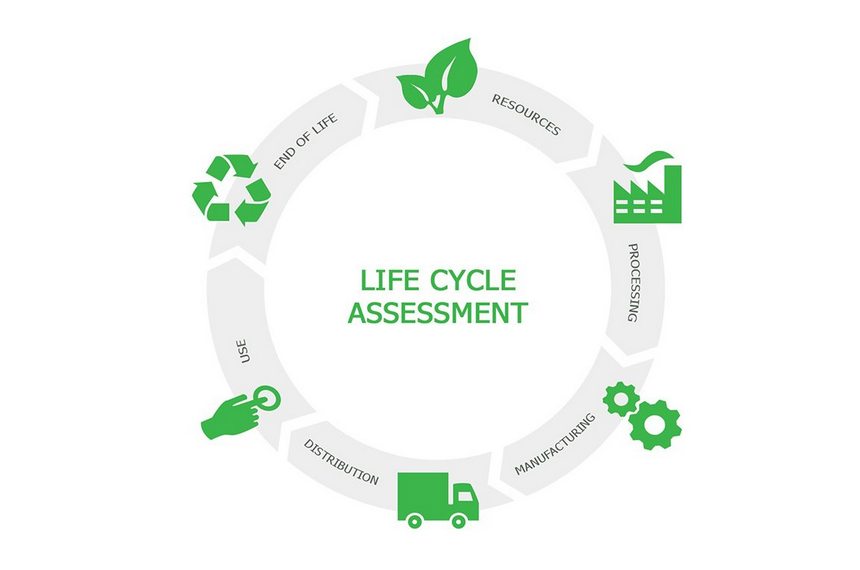
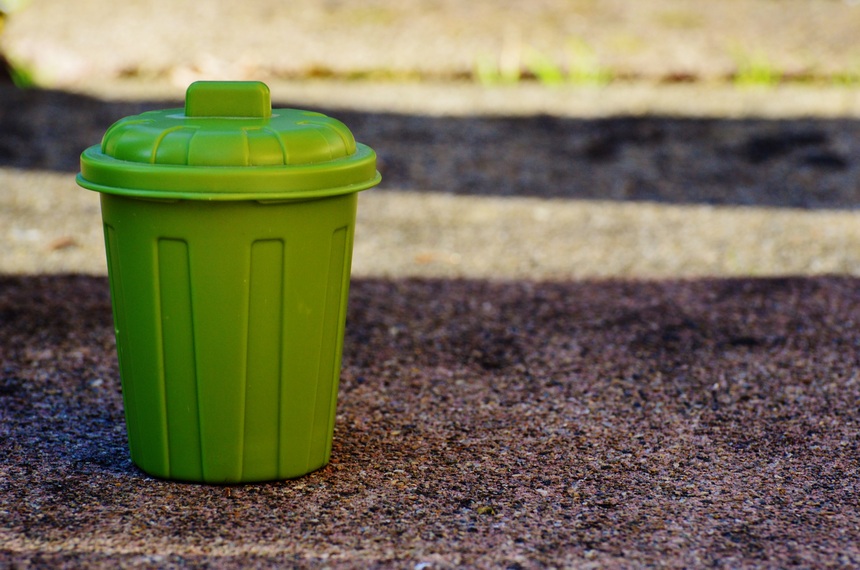


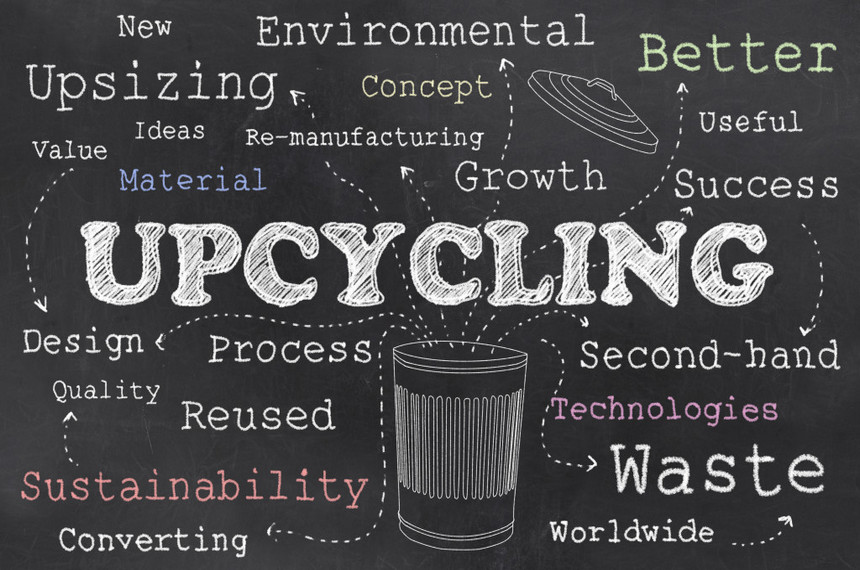
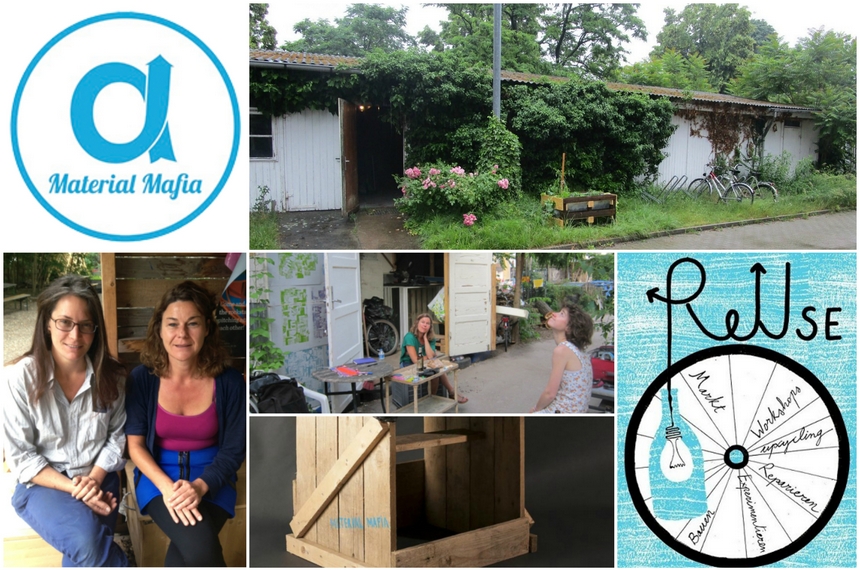
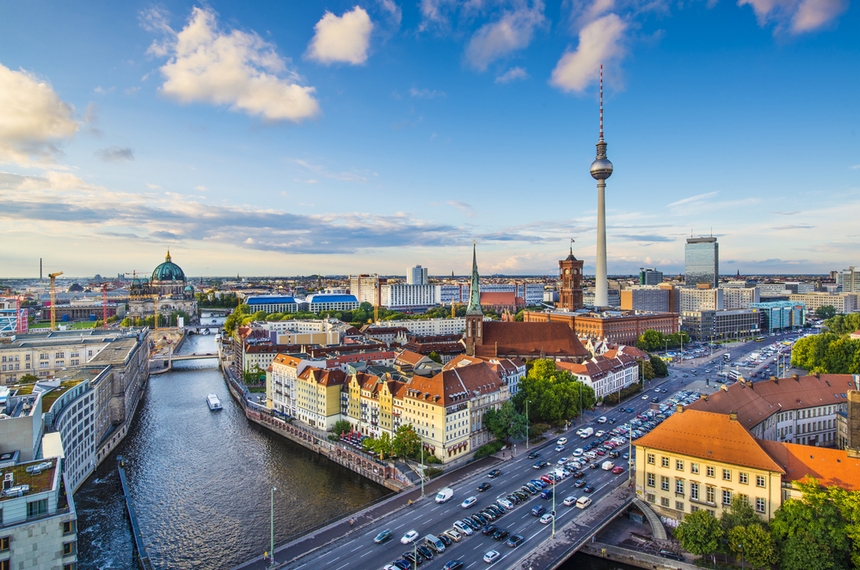

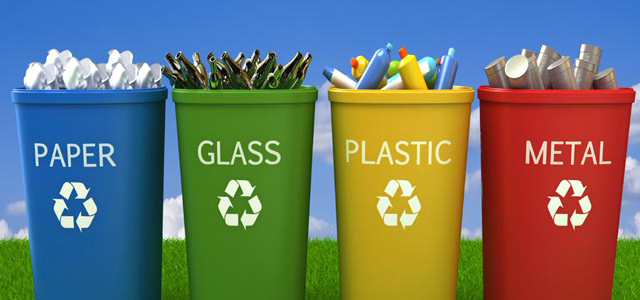

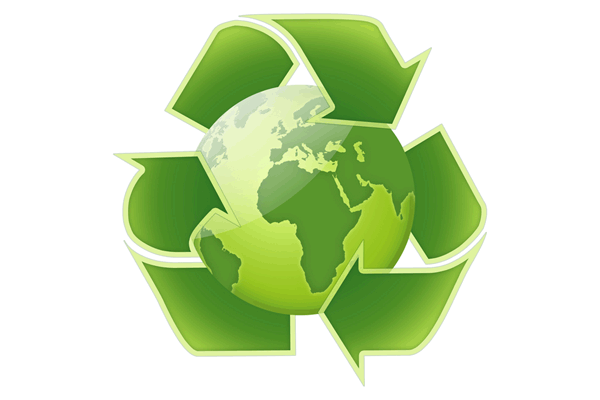
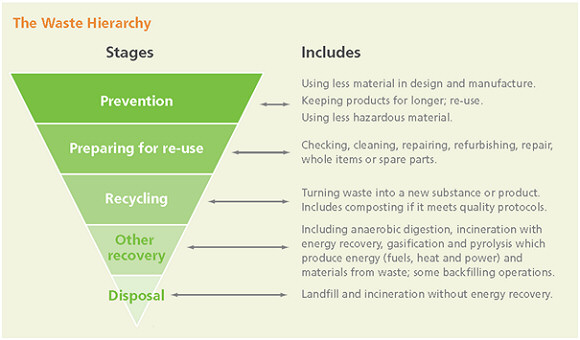
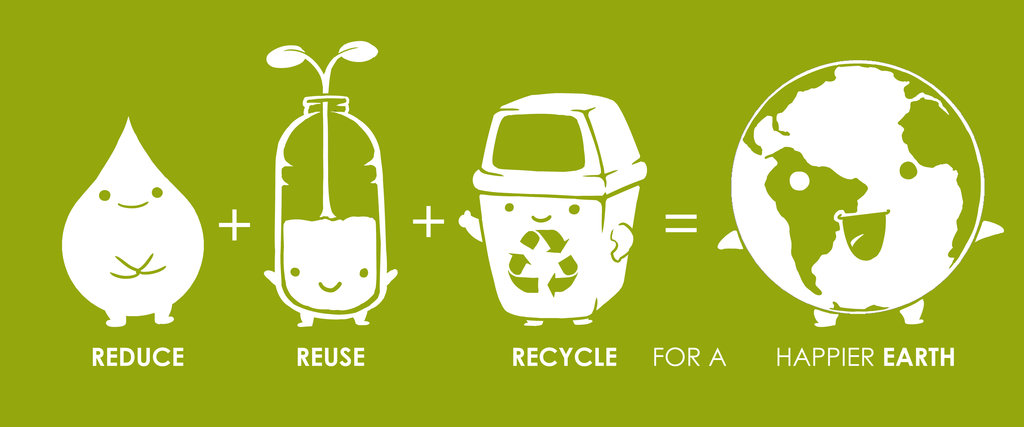

Follow us on